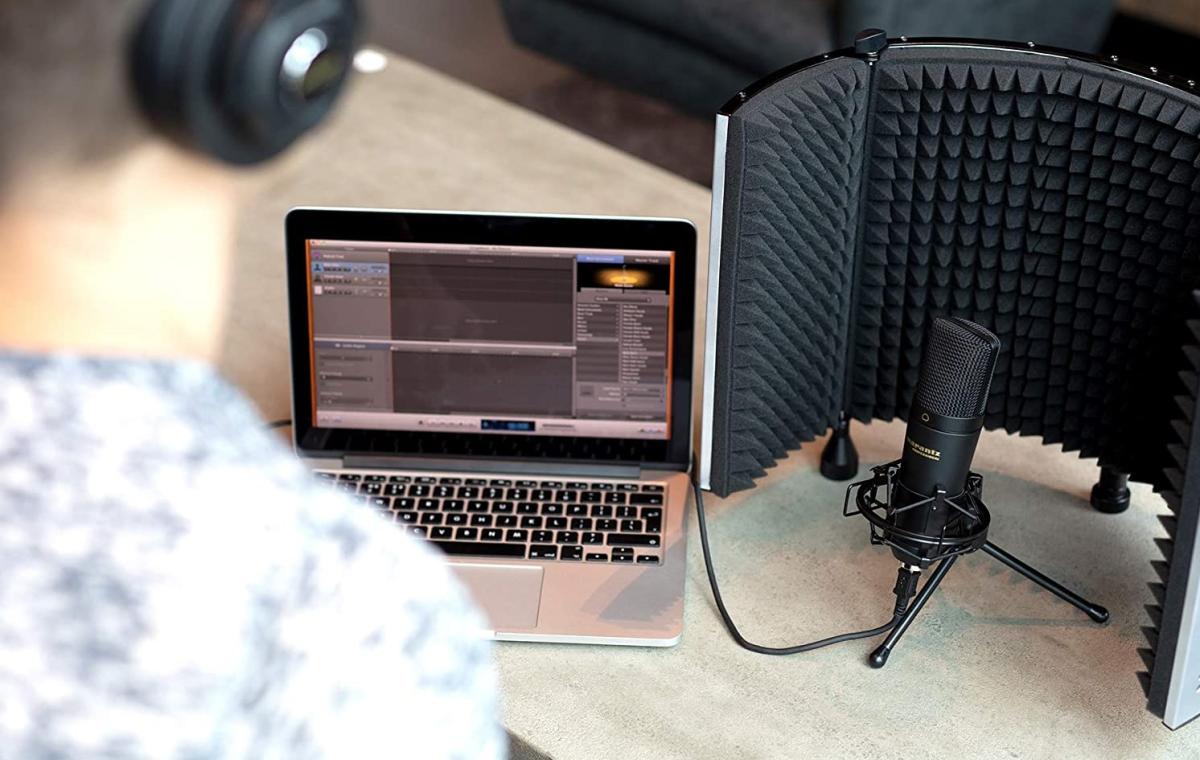As you well know, since we did a really cool talk on the subject, video cards are used for just about everything: video editing, rendering, machine learning, cryptocurrency mining, scientific applications…
But the matter does not end there. One of the latest applications that has been achieved using the power of GPUs is to filter out all external noise and leave only our voice. Perfect for video calls, straight from Twitch or podcasts.
NVIDIA was the first to launch this technology with their RTX cards, although the code was released later. to get them to work on the GTX 1000 series. Their work seemed like black magic. Luckily, the competition is on.
AMD looks like it’s about to release an RTX Voice competitora feature of NVIDIA graphics cards that suppresses background noise when you are talking on the phone or using the microphone.
This is exactly the trailer AMD posted on its YouTube channel (apparently by mistake), according to Tom’s Hardware. Luckily, Reddit user u/zenobian downloaded a copy of the trailer before it was taken down and uploaded it to the AMD subreddit.
The trailer leak suggests that AMD’s noise reduction feature will work very similarly to NVIDIA’s.
Use “real-time deep learning algorithm“offer”bi-directional noise reduction”, which filters out background noise from both outgoing and incoming microphone audio, and appears to be built into the AMD Adrenalin software.
The big question is whether AMD’s noise canceling technology works well in practice. NVIDIA RTX Voice technology works so well that sometimes it feels like magic. This is why AMD must match such features if it has any hope of reaching that first place.
There is no mention of when this feature will be officially launched or what hardware will be required to use it.. When NVIDIA first released its RTX Voice software, it seemed like the AI-focused tensor cores found in its new graphics cards were the key to making it work.
However, in the following months, Nvidia released official support for the feature on much older cards that did not have dedicated hardware. We hope that the AMD feature will work on a wide range of devices.
Source: Computer Hoy
I am Bret Jackson, a professional journalist and author for Gadget Onus, where I specialize in writing about the gaming industry. With over 6 years of experience in my field, I have built up an extensive portfolio that ranges from reviews to interviews with top figures within the industry. My work has been featured on various news sites, providing readers with insightful analysis regarding the current state of gaming culture.












